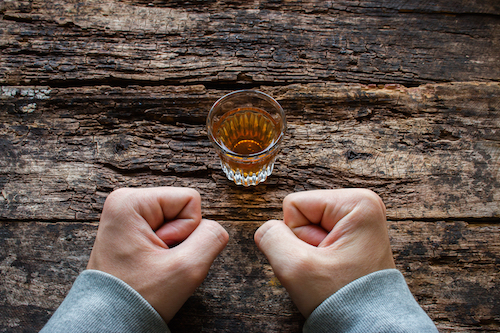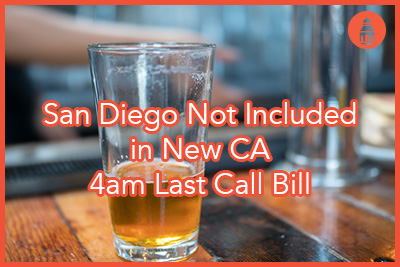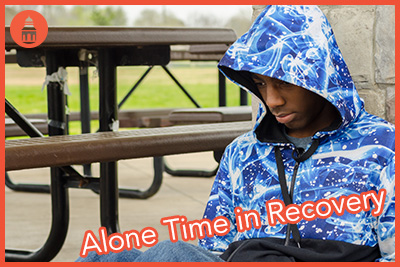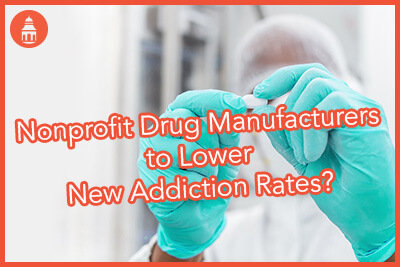 If you’re wondering whether or not you have a problem with alcohol, you may have filled out one or more online quizzes to help you figure it out. You’ve answered questions like:
If you’re wondering whether or not you have a problem with alcohol, you may have filled out one or more online quizzes to help you figure it out. You’ve answered questions like:
The problem is that even if the quizzes indicate that you may be struggling with an alcohol use disorder, you may be inclined to write it off as a phase or something you would have no problem controlling – if you wanted to.
One of the best ways to determine once and for all if you are living with alcohol disorder is to attempt to stop. Based on your experience, there will be no doubt whether or not it’s time for you to consider enrolling in alcohol abuse or addiction treatment services.
Get Started
In order to get the full benefit of your experimental sobriety, start out by doing the following:
If there is a chance that you will experience withdrawal symptoms, don’t attempt to stop drinking on your own. You need medical detox to ensure a safe withdrawal experience. If you try to stop drinking and find that within 12 hours you begin to experience withdrawal symptoms, there is no need to go any further: You are addicted to alcohol, and you need prompt medical attention. If you crave a drink and cannot focus of function without one when you try to stop drinking, it is time to seek an alcohol rehab program that offers both medical detox and psychological treatment services. If you stop drinking and manage to maintain your experimental sobriety for the most part, but have a sip of alcohol at some point, it’s considered a slip. This may not be a big deal even though you are attempting to stay completely sober. One sip of wine or trying someone’s beer and then remembering your commitment and making it work for the rest of your predetermined time is not a big deal. However, if you are unable to get through your experimental period without binge drinking (e.g., ingesting five or more drinks in two hours for men, or drinking four or more drinks in two hours for women), this can indicate a binge drinking problem. If you completely abandon your attempted sobriety after a few days and return to your usual heavy drinking habits, there is no doubt that you need help. If you can’t stop drinking for any length of time even when you want to, treatment services are recommended to help you get back on track. It’s true that alcohol is a big part of our culture. It’s served before, during, and after dinner; available in grocery stores and corner stores; and a huge part of most entertainment options. People use alcohol to relax, have a good time, deal with stress, or get through socially awkward situations. While all of these behaviors may be “normal,” they are not necessarily healthy. An occasional indulgence is one thing, but if you find that you are routinely drinking heavily and experiencing negative consequences as a result AND that you are unable to stop drinking despite a real desire to quit, there are treatment services that can help you recover control of your life. Even if you are unable to get through a week without picking up a beer or having a cocktail, it doesn’t necessarily mean that you must enroll in a comprehensive, year-long detox and addiction treatment rehab program. Because the term “alcohol use disorder” defines a range of differences in experiences with alcohol that are problematic and require treatment, there is a range of treatment options that can help. You may choose to:
Did you attempt an experimental sobriety period? How did it go? Share your experience with us!Withdrawal Symptoms
Can’t Stop
But Everyone Drinks…
Treatment Options



